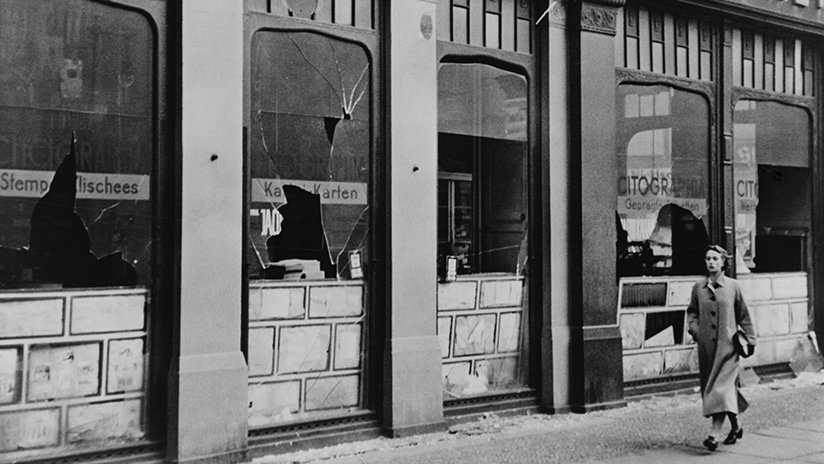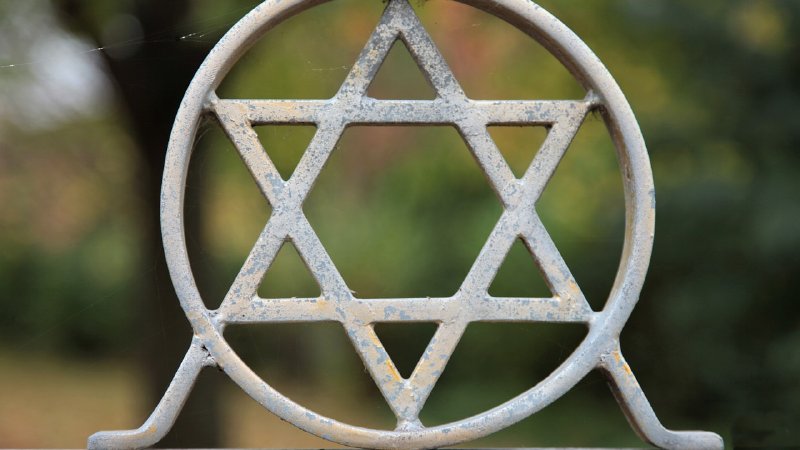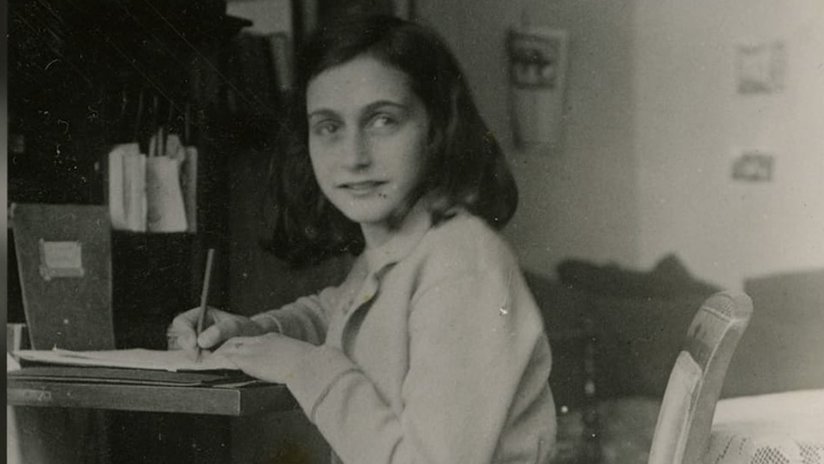
-
HOME
-
WHAT IS STANDOur Mission Our Values Our Help Contact
-
WHAT WE FIGHT FORReligious Freedom Religious Literacy Equality & Human Rights Inclusion & Respect Free Speech Responsible Journalism Corporate Accountability
-
RESOURCESExpert Studies Landmark Decisions White Papers FAQs David Miscavige Religious Freedom Resource Center Freedom of Religion & Human Rights Topic Index Priest-Penitent Privilege Islamophobia
-
HATE MONITORBiased Media Propagandists Hatemongers False Experts Hate Monitor Blog
-
NEWSROOMNews Media Watch Videos Blog
-
TAKE ACTIONCombat Hate & Discrimination Champion Freedom of Religion Demand Accountability
Never Again: An Homage to Elie Wiesel
“The opposite of love is not hate, it’s indifference. The opposite of art is not ugliness, it’s indifference. The opposite of faith is not heresy, it’s indifference. The opposite of life is not death, it’s indifference.”
Those words were penned by Elie Wiesel, Jewish survivor of Auschwitz and Buchenwald, and lifelong advocate for human rights.
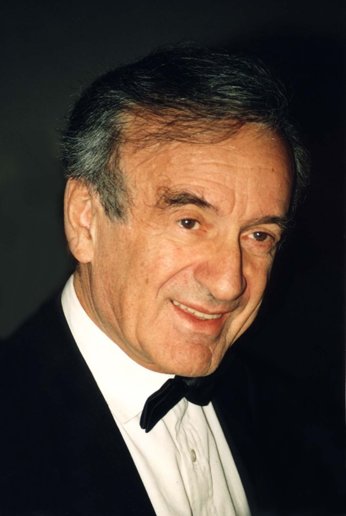
He was born September 30, 1928, in Romania. At the start of World War II, he and his parents and three sisters were deported to Auschwitz.
“One by one, they passed in front of me,” he subsequently wrote. “Teachers, friends, others, all those I had been afraid of, all those I could have laughed at, all those I had lived with over the years. They went by, fallen, dragging their packs, dragging their lives, deserting their homes, the years of their childhood, cringing like beaten dogs.”
His arrival in Auschwitz was like arriving in hell. He later recalled how the smokestacks filled the air with a miasma of burning flesh, of seeing babies burned in a pit, and how life and death were decided by a wave of Dr. Josef Mengele’s baton. He watched his mother and his sister Tzipora walk off to the right, his mother protectively stroking Tzipora’s hair. “I did not know that in that place, at that moment, I was parting from my mother and Tzipora forever,” he wrote.
“Never shall I forget that night, the first night in camp, which has turned my life into one long night, seven times cursed and seven times sealed,” Mr. Wiesel wrote. “Never shall I forget that smoke. Never shall I forget the little faces of the children, whose bodies I saw turned into wreaths of smoke beneath a silent blue sky. Never shall I forget those flames which consumed my faith forever. Never shall I forget the nocturnal silence which deprived me, for all eternity, of the desire to live. Never shall I forget those moments which murdered my God and my soul and turned my dreams to dust. Never shall I forget these things, even if I am condemned to live as long as God himself. Never.”
“The opposite of love is not hate, it’s indifference. The opposite of art is not ugliness, it’s indifference. The opposite of faith is not heresy, it’s indifference. The opposite of life is not death, it’s indifference.”
Mr. Wiesel watched his father slowly die of dysentery and starvation. When his father’s body was taken away, he could not even weep. “I had no more tears,” he wrote.
When he was rescued by Allied forces, he had not eaten for six days. Transported to France, he survived, attended the Sorbonne, and began his career as a journalist.
In 1958, he published Night, the first of his 60 books and a memoir of his Holocaust experiences. It was not until the 1960 trial of Adolph Eichmann that the world became ready to confront the Holocaust. Then, the book became a bestseller.
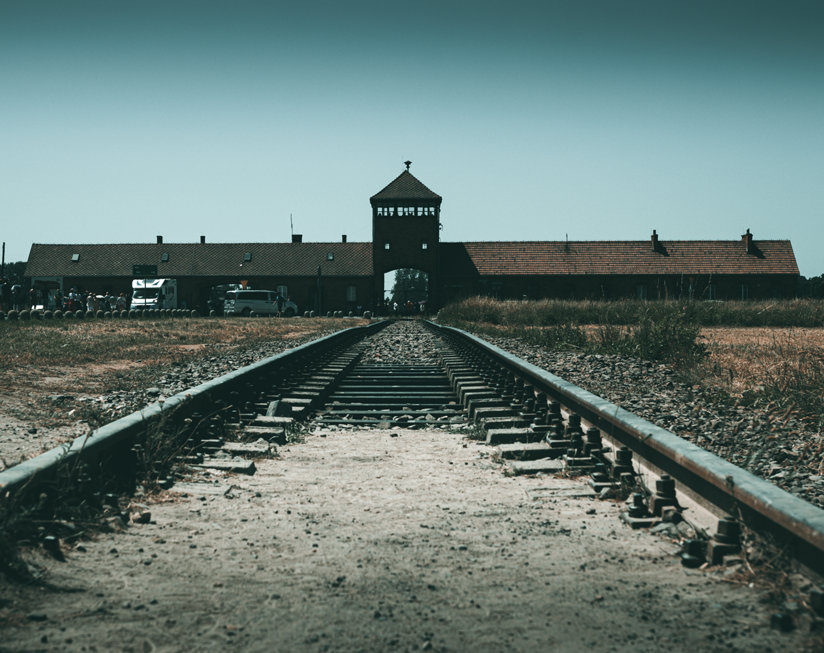
“If I survived, it must be for some reason,” he said. “I must do something with my life. It is too serious to play games with anymore, because in my place, someone else could have been saved. And so I speak for that person. On the other hand, I know I cannot.”
Mr. Wiesel spent his life advocating for not only world Jewry, but for all others in whose plight he saw parallels to the Holocaust. He condemned the sectarian massacres in Bosnia and spoke out against similar massacres in Cambodia, Rwanda and the Sudan. He condemned the burnings of Black churches in America and spoke out on behalf of Blacks in South Africa and political prisoners in Latin America.
“If I survived, it must be for some reason,” he said. “I must do something with my life.”
He later became the Distinguished Professor of Judaic Studies at City College of New York, a visiting scholar at Yale University, and the Andrew W. Mellon Professor in the Humanities at Boston University.
Starting in 1980 he worked tirelessly for the creation of the United States Holocaust Memorial Museum in Washington, which has become one of Washington’s most impactful institutions.
In 1986, in recognition of his lifelong commitment, Mr. Wiesel received the Nobel Peace Prize. “Wiesel is a messenger to mankind,” the Nobel citation said. “His message is one of peace, atonement and human dignity. His belief that the forces fighting evil in the world can be victorious is a hard-won belief.”
In his Nobel speech, he said that what he had done with his life was to try “to keep memory alive” and “to fight those who would forget. Because if we forget, we are guilty, we are accomplices.”
Upon Wiesel’s death in 2016, President Obama said, “He raised his voice, not just against anti-Semitism, but against hatred, bigotry and intolerance in all its forms. He implored each of us, as nations and as human beings, to do the same, to see ourselves in each other and to make real that pledge of ‘never again.’”
Never Again, Mr. Wiesel.






